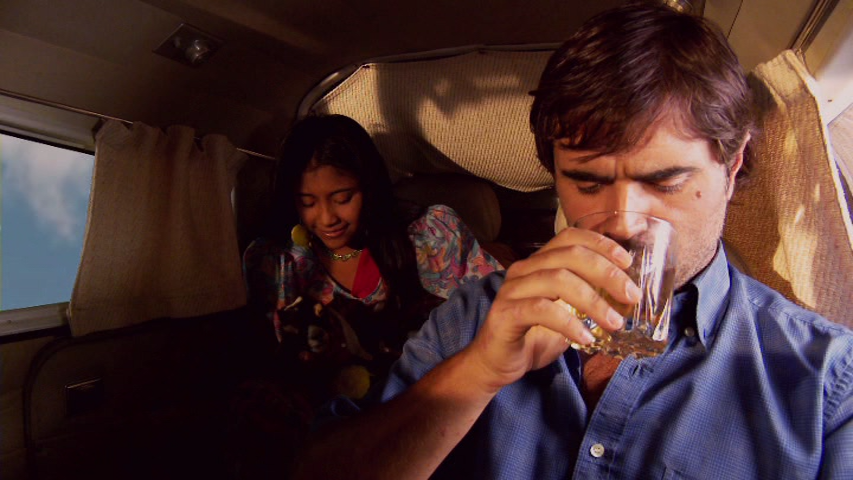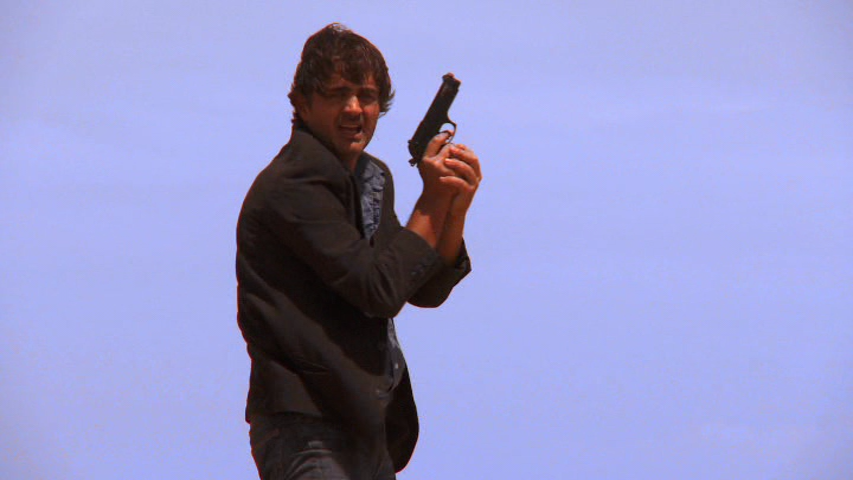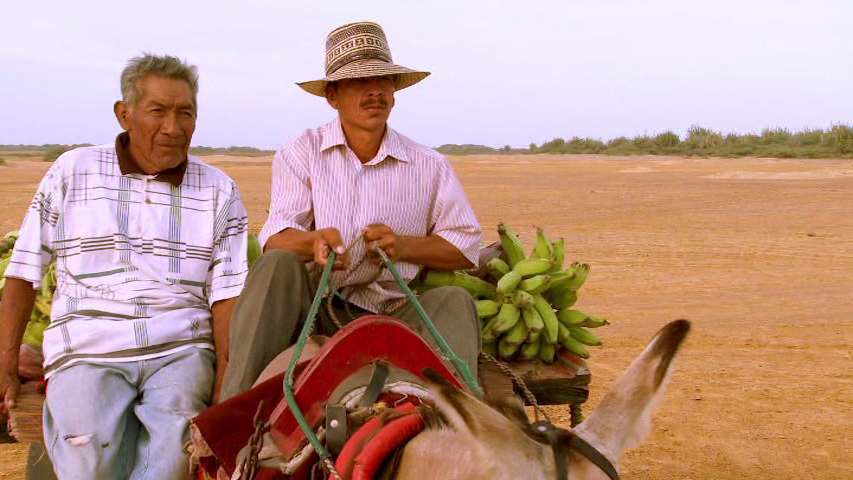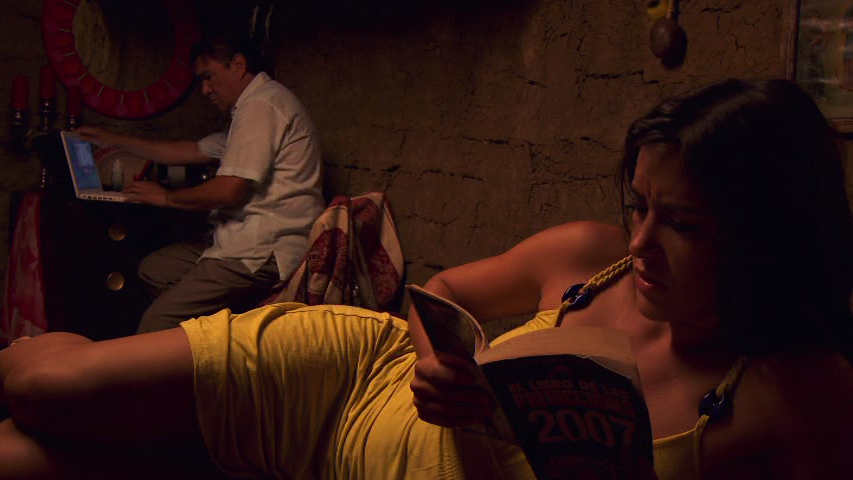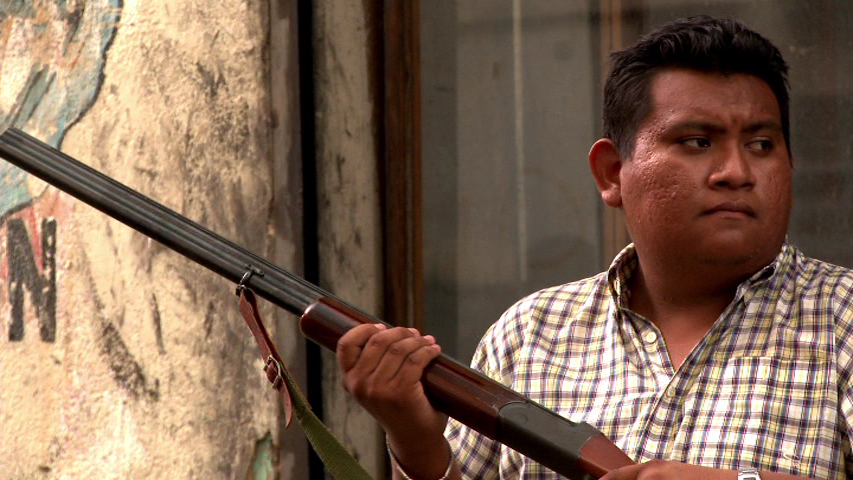Review: THE CHILD FROM MARACAIBO, Life, Death, Noir, And The Fantastic
The Child from Maracaibo is Miguel Curiel's second film. His previous movie, Una Noche Oriental was released more than 25 years ago (!), so I will treat this one as his real 'first film.'
Watching it, I couldn't stop thinking how similar it is to some of the films from Jess Franco, the maverick Spanish director/composer/sometimes actor, sadly deceased not long ago, in the way that Curiel's film mixes genres, sometimes quite opposite elements from specific genres, into one package. In that regard, the movie is a little uneven, because the mixing of those aforementioned elements never goes anywhere. Nevertheless, what it lacks in closure it gains in atmosphere.
That atmosphere puts the viewer through an experience. Storytelling-wise, the film really fails to achieve any momentum, even though it is working, mostly, from the template of the film-noir genre. And when it is working within those boundaries, it moves quite well.
The problem is when Curiel introduces some fantastic elements that, I guess, are intended as a counterpoint, given the setting of the film. Just to clarify a few things for the reader: the story of The Child From Maracaibo unfolds in the Guajira region, a zone between the shared border of Colombia and Venezuela, where the Wayuú, an Amerindian ethnic group, lives in a pseudo-isolated way.
The Wayuú have a rich tradition of myths and legends. One of the many folk tales the Wayuú have deals with life after death. Curiel's film take some of these elements and puts them into the story. Again, this decision seems to give the movie a supernatural edge that mostly doesn't work. Sometimes, the film reminds me of the works of Alejandro Jodorowski as well, at least in the aesthetic stylings.
When the film goes back to its noir roots, it moves forward nicely. By the time we have reached the end, we don't quite comprehend what happened, but we have seen a lot of fresh, sometime innovative, other times just plain weird, scenes play out, especially within the context of the current output of Venezuelan cinema.
As to the cast, the performance of Karina Velasquez stands out. This being her first time in a movie -- she is a model -- it really showcases the talent she has. Not only because she possesses natural acting skills, but adding to that is an almost unnatural physical presence that helps her in constructing the perfect mysterious femme fatale.
Curiel's biggest success, as a screenwriter, may have been to make the lead role a foreigner. The detective who narrates the story is from Basque Country, so everything he sees and lives through the course of the story seems as alien to him as it would to anybody who watches the film, even we Venezuelans, who ignore a lot about the Wayúu culture. But, at the same time, that could be viewed as a disadvantage, because many times during the film you could find yourself trying to figure out what's really going on.
The Child From Maracaibo is, however, a very welcome oddity, perhaps most of all because it's a sign of a diversification of Venezuelan cinema that so far has been confined to a limited number of genres.









